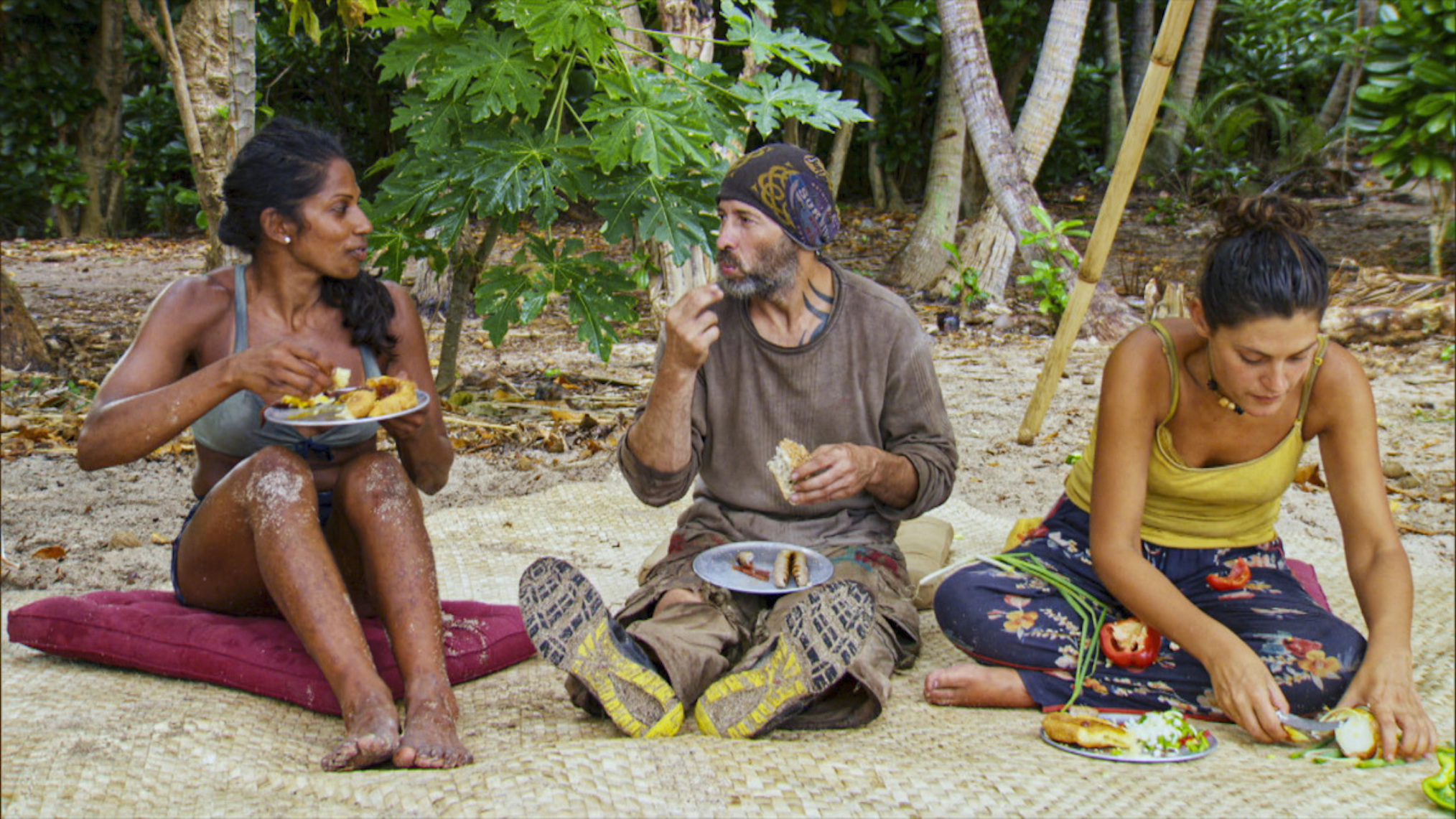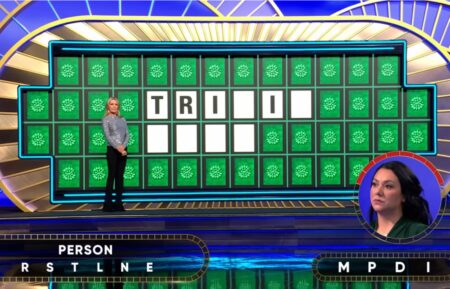20 Years of ‘Survivor’: How Did ‘Winners at War’ Change the Scope of the Game?

On May 13, the 40th season of Survivor came to a close, leaving the legendary Tony Vlachos with his second victory and 2 million dollars. Winners at War was perhaps the most iconic season in the show’s history and the only one where winners from seasons as early as 3 to as recent as 37 go head-to-head in a battle to become the Sole Survivor.
The most intriguing part, however, was not simply seeing players return after years away from the game, but rather seeing the gradual deterioration of those who were deemed to be “old-school” players or earlier winners, at the hand of the “new-school” players or more recent winners. This season was an opportunity for viewers, as well as players themselves, to take a step back and analyze how the gameplay has transformed and accelerated over the years.
In an interview with Entertainment Tonight, Yul Kwon, winner of Season 13, commented on the rapid development of the game since his appearance back in 2006. “The game has evolved,” Kwon said. “It’s much more complex, much more fast paced. I’ve had to lie more already in this game than I did the entire time on Cook Islands.”
A Faster Game
In earlier seasons, it was apparent that players took their time. They arrived on the island, gathered their bearings, and slowly started forming relationships. This season, the players hit the ground running. Not even minutes into their arrival, discussions of alliances were happening in every corner of the camp, drama and beef were dished in one-on-one interviews, and everyone was out for blood. It could have been that everyone there was a pro, but truthfully, this is now how the game is played. No one was there to be friendly because they’ve all already made their friends.

(CBS)
“It’s like someone injected [the game] with rocket fuel,” Ethan Zohn, winner of Survivor: Africa told E!. “Information is going back and forth and left and right.”
Zohn won the third ever season, making him the earliest victor in Winners at War. Also, he recently overcame a rare type of cancer as well as a relapse. These two facts, making him loveable in the eyes of the jury, immediately placed a target on his back. The enhanced speed of the game forced players to rely on reputation as a reason to vote others out.
The Introduction of More Idols & New Advantages
This season was a hallmark of new twists. “Old-school” players had a hard time keeping up.
“All of the twists, and all of the idols, and advantages, and the disadvantages, and all of the things that are new as far as twists and turns from a production standpoint was very different,” Parvati Shallow, winner of Survivor: Micronesia, Fans vs. Favorites (Season 16), told E!.
The staples of the show, hidden immunity idols, were not introduced until Season 11. This means multiple players had to learn how to use them as a factor in strategizing. For instance, Tony was a notorious idol hunter in his original game. He was able to gather multiple idols, making him a threat to other players. However, because he is a strategic player, he became aware that his frantic searches for idols made him a target, and he made a conscious effort this season to search below the radar.

(Robert Voets/CBS Entertainment)
The value of a single idol has evolved as well. Previously, players used them solely to protect themselves. As time passed, they began to utilize idols as a method of protecting others. The concept of “splitting votes” became key in tribal council in order to ensure that, if there was an idol in play, nobody who was supposed to stay on the island got sent home.
This season was also the first to ever incorporate “fire tokens.” These could be accumulated, traded, and used to purchase food, rewards, and, most importantly, advantages. While they were certainly vital for active players to enhance their gameplay, their true significance was of the island: at the Edge of Extinction.
The Edge of Extinction Returned
The Edge of Extinction has only been in the game once before, in Season 38. Players who are voted off do not go home, but rather to a separate island called the Edge of Extinction. They remain there, with two opportunities to compete for a spot back in the game. However, in its first season, fire tokens were not a factor.
In Winners at War, the players on the edge were sent on difficult quests to accumulate fire tokens, which could be their only hope. Fire tokens could be used to purchase food, which was extremely scarce on the Edge, or, more importantly, advantages in either of the two challenges to get back in the game.
The benefits of the tokens are clear in the journey of none other than Survivor: San Juan Del Sur, Blood vs. Water winner Natalie Anderson, who was the very first player voted off. After enduring the seemingly impossible quests to gather tokens on the Edge, she was able to purchase three advantages in the second challenge, scoring a spot back in the game and taking her to the final three.

(CBS)
“I would visualize myself winning a battle back, and that would just motivate me to grind and get as many fire tokens so that I could buy an idol and all of the advantages so that I could make sure I was setting myself up with the best chances to beat everybody I was out there with,” Anderson said.
The future of Survivor as we know it
For some returners, the elaborate twists and turns created opportunity. For others, it just got confusing.
“Some of the new school players were like, ‘OK, well, I want to align with the old school players as shields,'” winner of Survivor: South Pacific (Season 23) Sophie Clarke told ET. “And some of the old school players were like, ‘I’m going to align with the new school players to help me get up to speed.’ And then other people were like, ‘I’m going to stick with my friend.’ So, it was a really complicated divide, because it meant a lot of different things to a lot of different people.”
All that can be said is that the game’s development will continue for as long as the show does, and each player who makes the Survivor history books has a role in this transformation.













